Iran’s President Raeisi: People’s livelihood, economy not tied to JCPOA, Vienna talks
Iranian President Ebrahim Raeisi says the Islamic Republic has not abandoned talks with the P4+1 group of countries on the revival of the 2015 Iran deal, officially known as the Joint Comprehensive Plan of Action (JCPOA), nor has Tehran tied the people’s livelihood and the country’s economy to the accord as well as the negotiations in the Austrian capital of Vienna.
Raeisi made the remark in a meeting with a group of scholars and clerics in the holy city of Mashhad in the eastern province of Khorasan Razavi on Thursday.
“JCPOA-related negotiations are pursued with strength and dignity,” the Iranian president said, adding, “We have not left the negotiating table and today the principled positions of the Islamic Republic are expressed with dignity, but in no way have we tied the lives of the people and the economy to JCPOA and [Vienna] talks.”
Raeisi went on to say, “Regardless of whether the negotiations [in Vienna] succeed or not, we have our own plans for the management of national economy and we will continue them with full power.”
“We do not pin our hopes on foreigners,” Iran's chief executive said at the meeting.
“We favor relations with all [countries], but we never wait for others to come and solve our problems. Experience has shown and we have learned from our predecessors never to trust foreigners. They have not helped solve anyone's problems and will not do it for us either. Our trust is put in the resources and potentialities of the country,” President Raeisi said.
The Vienna talks were paused earlier this month for an undetermined period of time despite reports suggesting that they were in the “final stages.”
The United States, which is blamed for the current stalemate, is reluctant to take confidence-building measures due to its erroneous bias, procrastination in decision-making and excessive demands.
Iranian officials have repeatedly said the US needs to remove all illegal sanctions against the Islamic Republic in a verifiable manner and offer guarantees that a new US administration will not breach the JCPOA again before it can rejoin the deal.
Former US president Donald Trump unilaterally left the JCPOA in May 2018 and re-imposed the anti-Iran sanctions that the deal had lifted. He also placed additional sanctions on Iran under other pretexts not related to the nuclear case as part of his “maximum pressure” campaign.
In May 2019, following a year of strategic patience, Iran decided to let go of some of the restrictions on its nuclear energy program, resorting to its legal rights under the JCPOA, which grants a party the right to suspend its contractual commitments in case of non-compliance by the other side.
The Joe Biden administration says it is willing to compensate for Trump’s mistake and rejoin the deal, but it has retained the sanctions as leverage.
VIDEO | Protests erupt across Australia over Israeli president's visit
Iran maps strategic future in 1st Congress on Foreign Policy and History of Foreign Relations
VIDEO | At least nine killed in multi-building collapse in Lebanon
Rights group: 'Administrative detention' of Palestinians up 270% since Gaza genocide started
Leader urges nation to ‘frustrate enemy’ on Islamic Revolution anniversary
Cuba suspends airline refueling amid US economic pressure
Iran unveils breakthrough regenerative therapies for severe burns and diabetic wounds
Iran stands as Muslim world’s final frontier of resistance against imperialism and Zionism


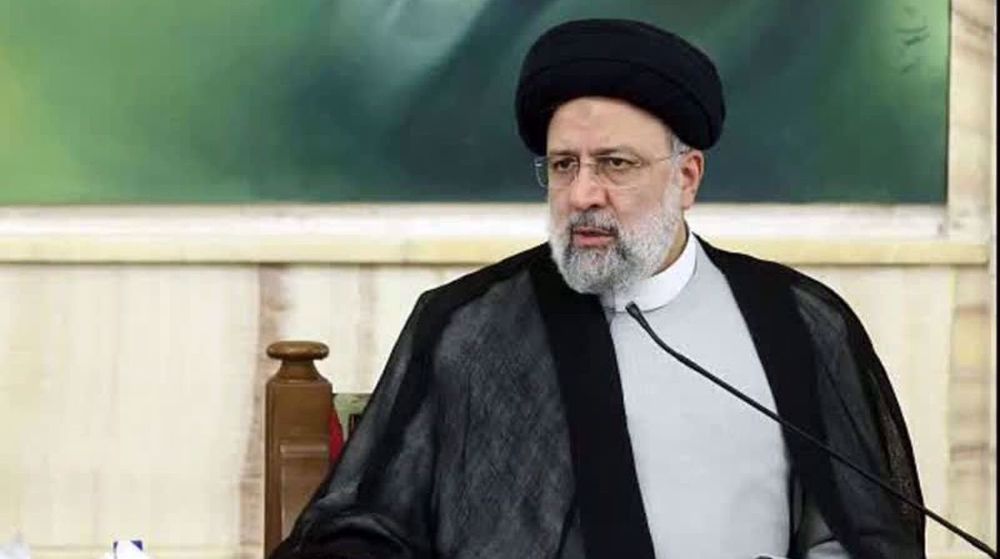
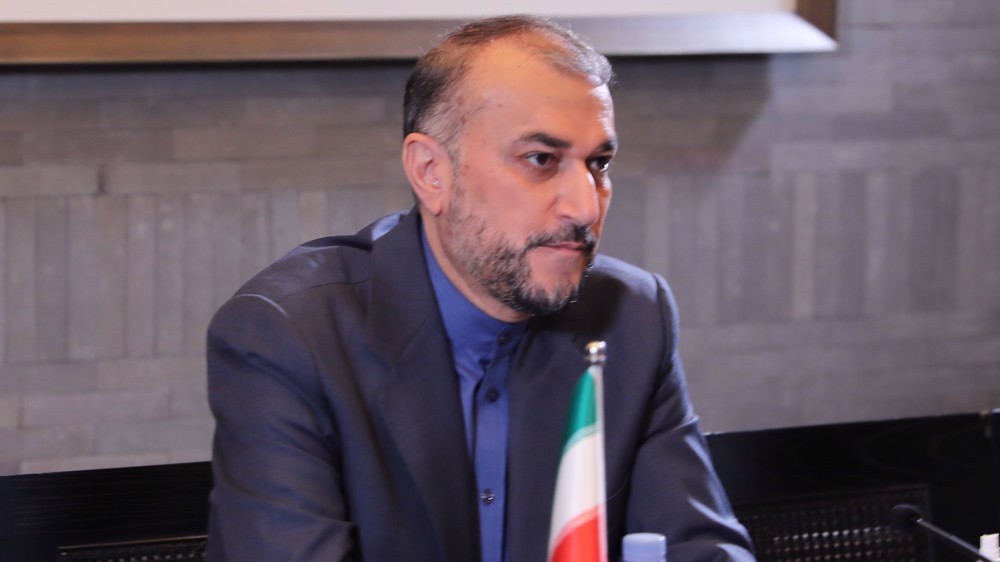
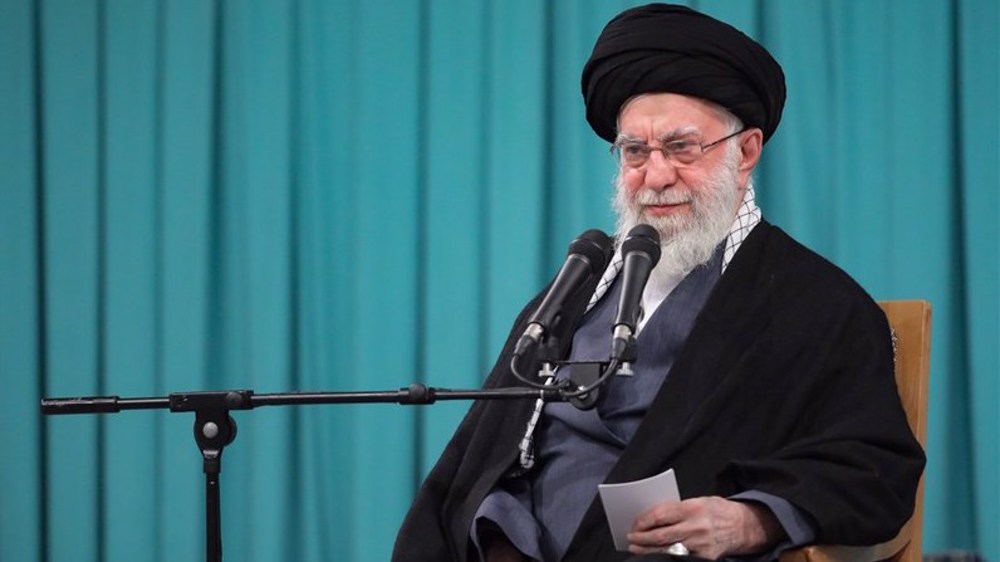
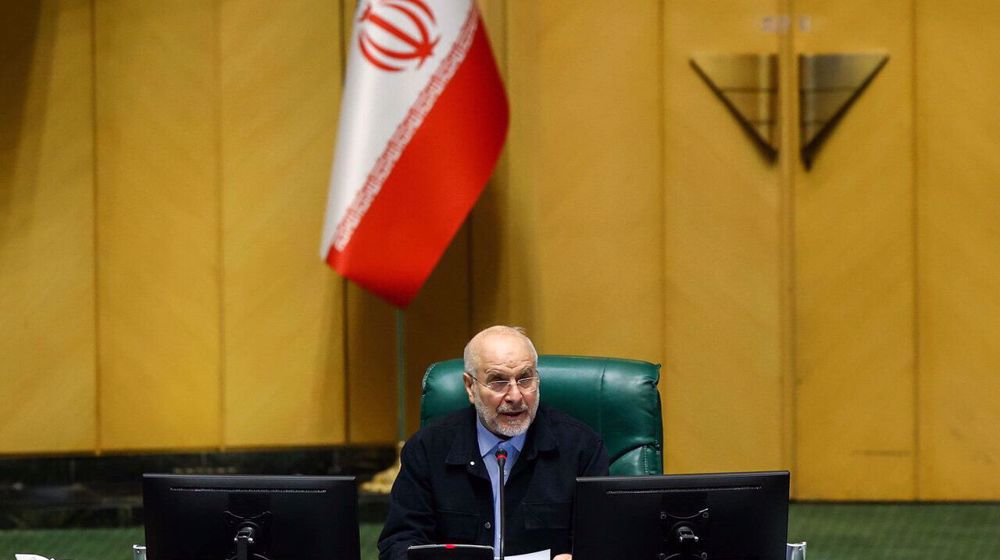
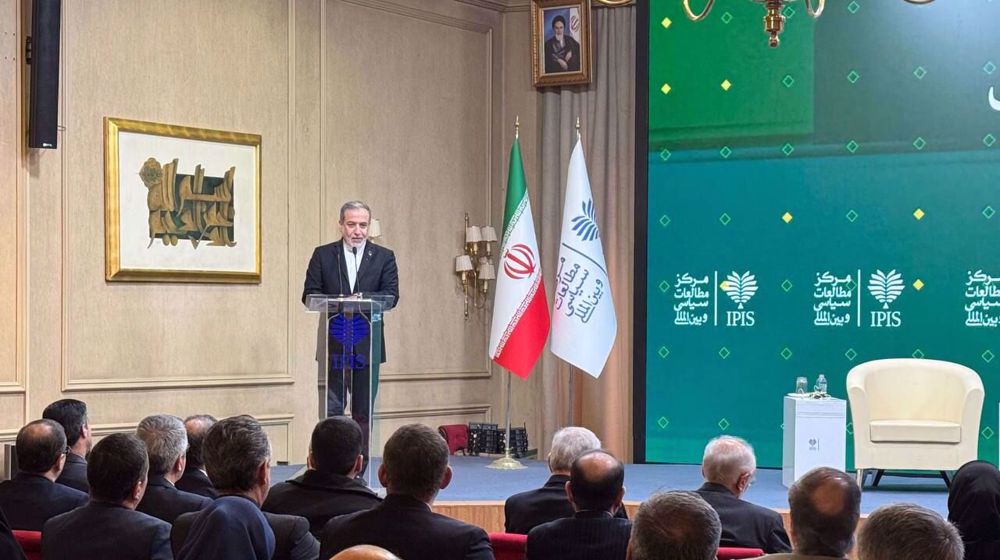




 This makes it easy to access the Press TV website
This makes it easy to access the Press TV website